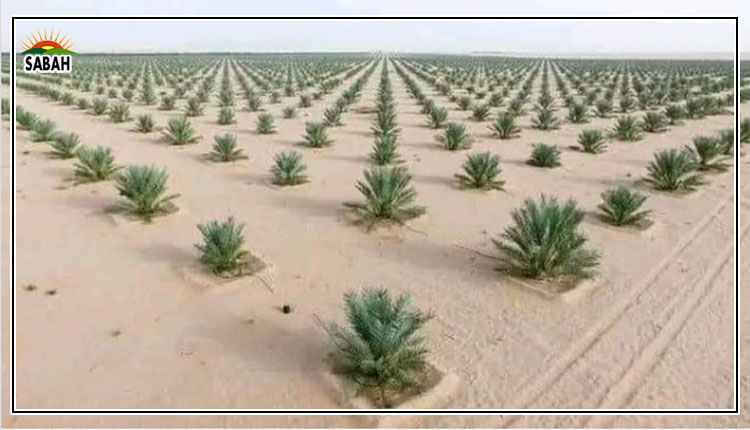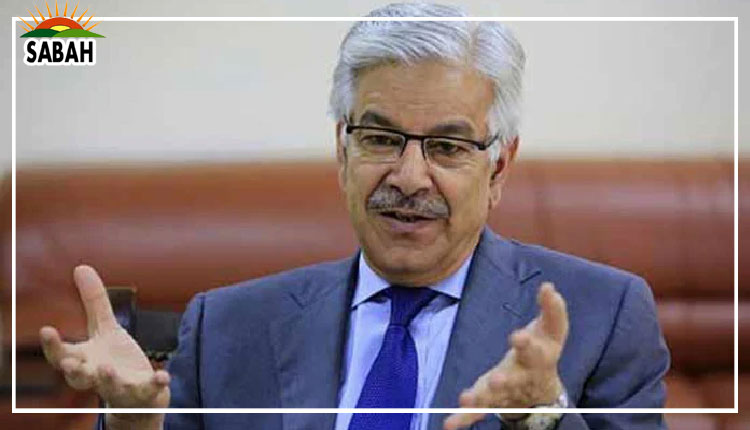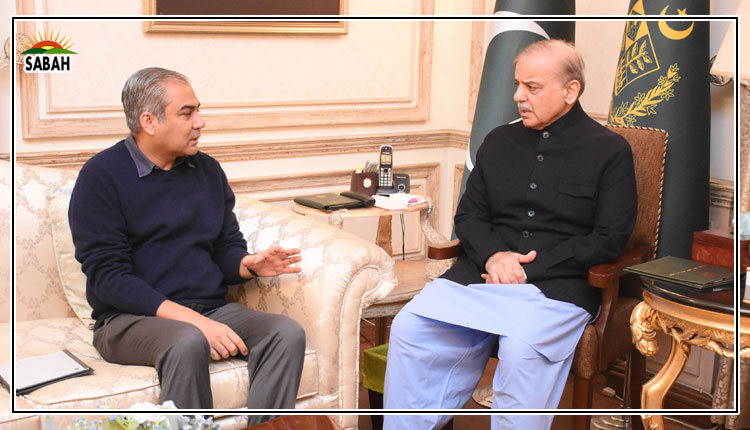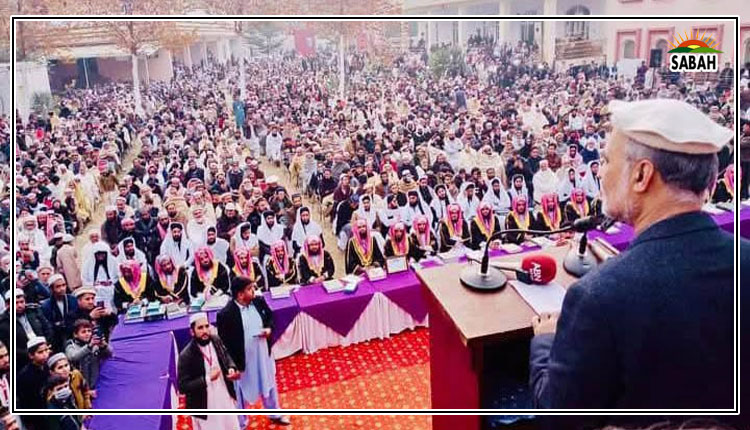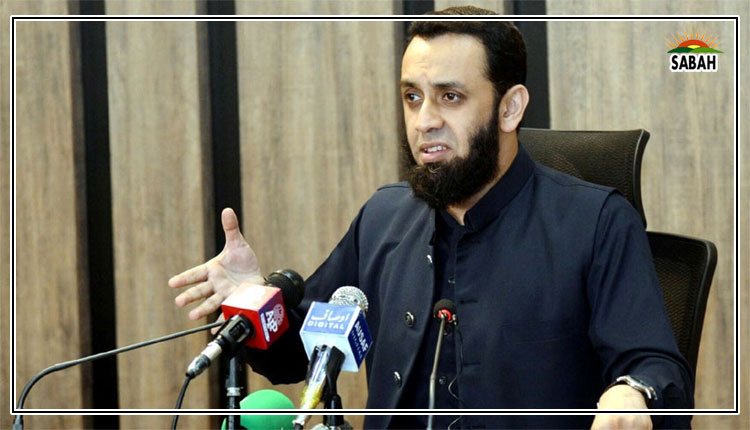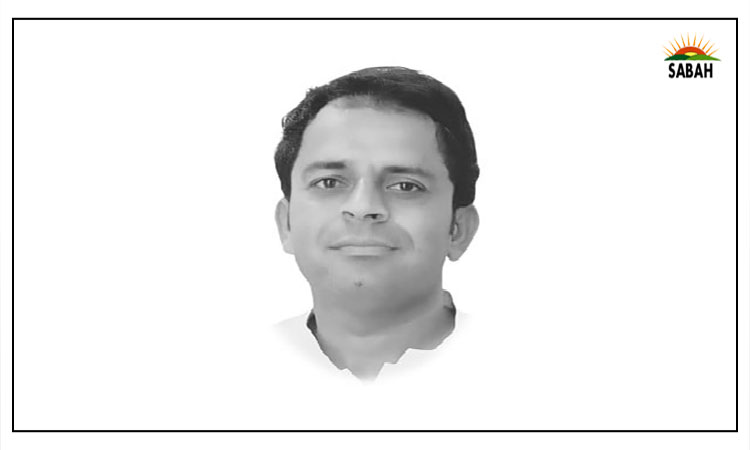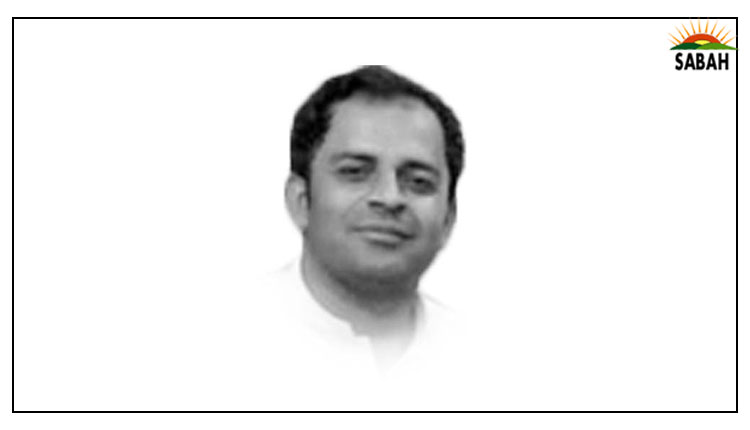Thiefdom or democracy? … Ali Hassan Bangwar
Public empowerment is both a crucial cause and a hallmark of progressive societies, as the fate and future of rulers in such societies are determined by that of the public. However, rulers who mask personal interests under the veneer of empathy and the cloak of democracy ultimately reduce the public to mere objects of repeated exploitation. For this reason, the parasitic ruling class empowers themselves and their accomplices in the name and at the cost of the public. This way, the façade of democracy not only serves as a desperate source of public hope but also helps guard the ruling elite’s perpetual practices of plundering the public with almost impunity. Unfortunately, ours is such a society.
What is it that accords legitimacy and impunity to the status quo? Though force, deception, coercion, and falsified narratives might help the status quo sustain its tentacles for a long time, the parasitic policies cloaked in democratic empathy outweigh the utility and timelines. This is perhaps because, unlike the other naked methods of brutality and rule, one’s veneered democracy and fictitious empathy earn public approval or at least escape rejection.
That is to say, intentionally making people ignorant about their rights as human beings, followed by depriving them of those rights, perhaps serves as the most effective control mechanism in societies. By doing so, the state apparatus of the status quo sustains its chronic influence in the hearts, minds, politics, and economy of society. Moreover, the public is kept so deprived that their lifelong focus and struggle revolve around mere survival. This allows the forces of the status quo — military, bureaucracy, politicians, judiciary, clergy, capitalists, and their patrons — to plunder resources unhindered.
This is achieved, among many other ways, by inadequately meeting their needs under the guise of rights and cultivating a sense of gratitude in the hearts of the subjects. It’s this ill-earned public gratitude that they exploit to gather stakes in farcical elections. Were it not for democracy on paper, the ruling elite’s kleptocratic practices would have long eclipsed. It’s these periodic tales of gratitude that help revive the castles of sand built on the blood, bones, and labour of the public in general and the marginalised in particular. Therefore, unlike other age-old methods of keeping loot and plunder intact, which could lose power over time, making people ignorant and needy has lasting and sustainable impacts.
Moreover, they tend to promote begging tendencies in the public so that people can’t become enlightened or self-reliant. The succeeding government projects veneered with public assistance or empathy have not only cultivated idleness and begging tendencies among the public but have also put them in a never-ending trap of poverty. This poverty and public need are what rulers capitalise on during dramatic elections or when their stakes are threatened. Doing so serves two purposes for the ruling elite: begging in the name of the destitute from the developed world and giving the poor a little to earn their support.
This vicious cycle is what characterises the seven-and-a-half-decade journeys of our society. Therefore, poverty and illiteracy haven’t been issues for succeeding governments to address but means to lofty ends and ends to megalomaniac means for the power elite. Now that the hybrid elite has amassed public wealth enough to thrive for generations, enforcing the Constitution and laws would amount to a risk to their ill-gotten public wealth. Therefore, expecting them to act on the provisions of laws, moralities, constitutions, or democratic principles is nothing short of self-deception. Instead, they are bound to further transform the rules into tools for safeguarding their loot.
The existing system is the cause, not the solution, of the ills facing Pakistan for three quarters of a century now. The status quo would never undo what has been serving them at the utter detriment of the public. It is therefore unimaginable if they would sacrifice their long-held power and perks by empowering the masses. And what characterises the practices of plundering public wealth is thiefdom, or perhaps “democratic” theft. Isn’t that so?
Courtesy The Express Tribune, March 17th, 2024.


